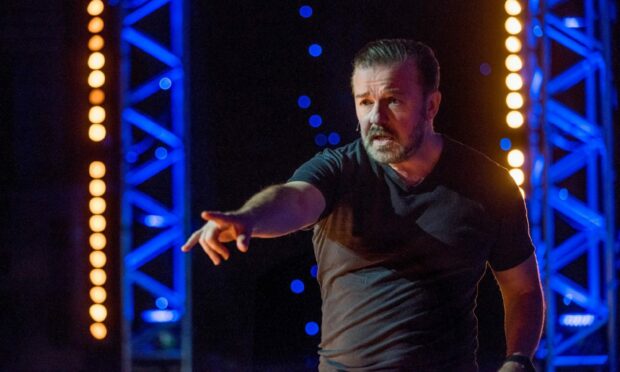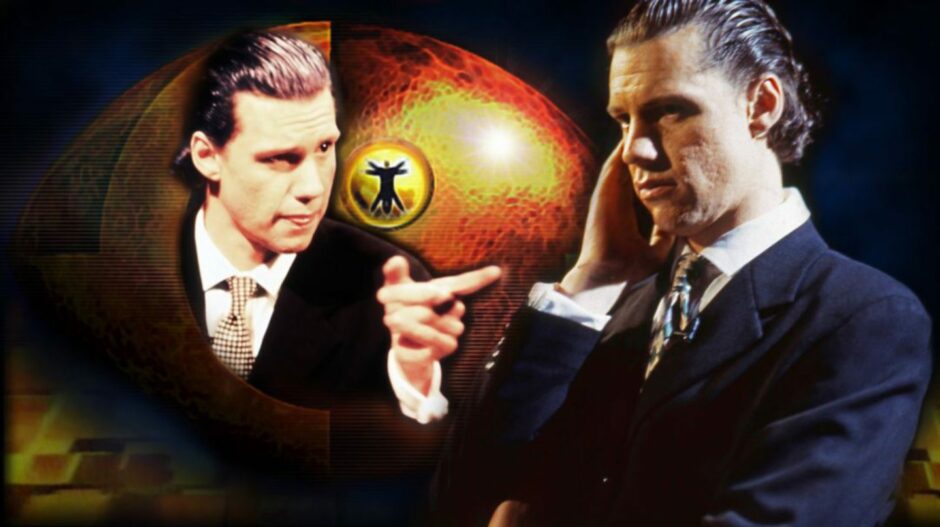The controversy around Ricky Gervais’ new Netflix special SuperNature is fascinating to observe as a comedy fan.
What interests me is not the fact some people find it offensive – I’d be more shocked if Gervais put out a stand-up set that bothered no one – but just that we seem to be at a point where we’re debating whether comedy can be a subjective thing.
I’m old enough to remember Brass Eye’s controversial episode that tackled the subject of paedophiles.
When it screened in 2001 it prompted hundreds of complaints and numerous newspaper articles labelling it “sick” for making jokes about child sex abuse.
Whose opinion should hold more sway? The creator or the critics?
Some of the most outspoken critics at the time were victims of sexual abuse, who said that Chris Morris and Channel 4 had no right to make jokes about such a horrific subject.
In response, the makers of Brass Eye stressed that the show was mocking the media’s portrayal of paedophiles, not the victims or the crime.
Whose opinion should hold more sway? The creator or the critics? Were the sex abuse victims wrong to criticise Chris Morris for making Brass Eye? The upset caused to them by the show was genuine, so surely their feelings can’t be dismissed.
The Brass Eye defence – essentially, ‘you’ve got the wrong end of the stick, we’re not joking about what you think we’re joking about’ – is playing out again with SuperNature, with Gervais insisting he’s mocking trans ideology, not trans people.
And again, who’s right? Him or the trans people who legitimately feel attacked?
The idea that what someone finds funny is subjective and based upon a lifetime of experiences and influences seems to be forgotten in this debate.
Just because I don’t find Mrs Brown’s Boys amusing… you aren’t objectively ‘wrong’ if you find it hilarious.
Just because I don’t find Mrs Brown’s Boys amusing in the slightest, you aren’t objectively ‘wrong’ if you find it hilarious.
Does that same logic not apply to comics across the spectrum, including Gervais?
The worst thing is, unlike Brass Eye – which I consider to be one of the best pieces of television in the last 50 years – I now find myself defending SuperNature, which I found to be a pretty mediocre example of stand-up.
Whereas Brass Eye was a smart vessel to approach these thorny issues, SuperNature was a cheap exercise in shock.


Conversation